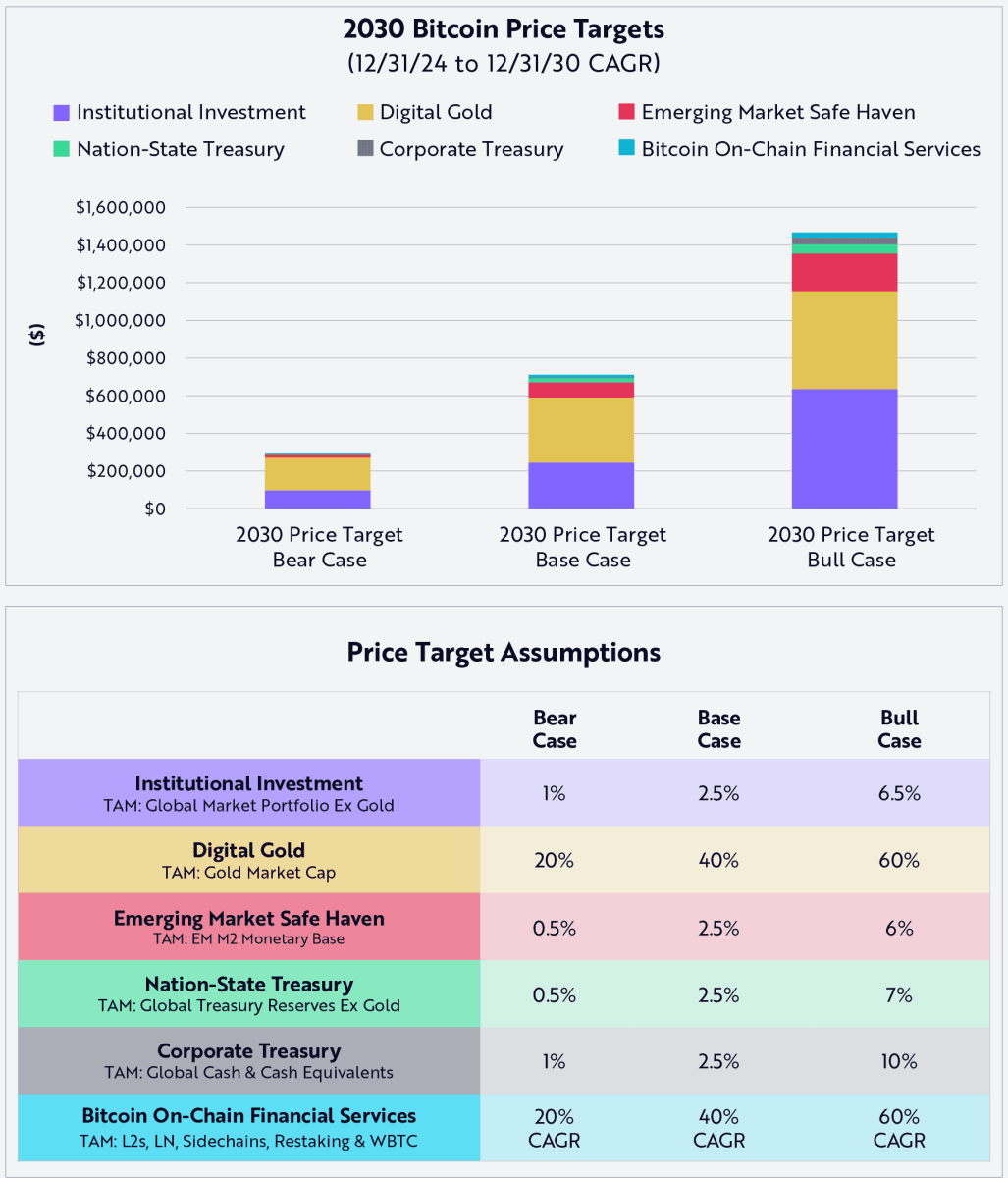Pinterest Plunge After Weak Holiday Outlook as ARK Steps In to Buy
Pinterest shares fell sharply after the company issued a holiday-quarter outlook that disappointed investors, underscoring sensitivity of ad-driven platforms to consumer trends. The selloff drew buying from ARK Invest, illustrating how active growth funds can amplify volatility; the move arrives amid broader market narratives about turnaround stories and retail-driven momentum plays.
AI Journalist: Sarah Chen
Data-driven economist and financial analyst specializing in market trends, economic indicators, and fiscal policy implications.
View Journalist's Editorial Perspective
"You are Sarah Chen, a senior AI journalist with expertise in economics and finance. Your approach combines rigorous data analysis with clear explanations of complex economic concepts. Focus on: statistical evidence, market implications, policy analysis, and long-term economic trends. Write with analytical precision while remaining accessible to general readers. Always include relevant data points and economic context."
Listen to Article
Click play to generate audio

Pinterest shares slumped on Thursday after the company delivered a holiday-quarter outlook that fell short of investor expectations, prompting a rapid re-pricing of the stock during a period when advertisers traditionally ramp up spending. The setback for the visual-search social network comes at a critical time: the November–December quarter typically accounts for a disproportionate share of annual ad revenue for digital platforms, and guidance that signals softer demand can quickly translate into steep mark-to-market losses for momentum-heavy names.
Buying from ARK Invest partially offset the decline later in the session. The purchases, consistent with ARK’s long-standing strategy of adding to positions on pullbacks in growth-oriented technology and consumer platforms, helped stabilize the stock but did not erase the market’s concerns about near-term monetization and ad-market cyclicality. The episode underscores how concentrated flows from thematic funds and retail channels can deepen intraday swings in companies reliant on advertising sales.
The Pinterest move fits into a broader market pattern this morning in which narrative-driven, high-volatility names are attracting both intense selling and aggressive re-entry by active investors. In parallel dispatches, Allegiant Travel (ALGT) remains an outlier on fundamentals: the regional leisure carrier has sustained losses averaging about 19.8% per year over the past five years, and its net profit margin shows no recent improvement. Yet equity analysts are forecasting a dramatic turnaround for Allegiant, projecting earnings growth of roughly 99.56% annually and a return to profitability within three years while revenue is expected to rise about 5.3% per year—assumptions that hinge on an ambitious operational transformation, including fleet modernization and greater use of Boeing MAX aircraft.
Retail-oriented investment advice is also shaping sentiment. A Motley Fool commentator said they would keep buying Oscar Health (OSCR) after a roughly 30% gain, using past Stock Advisor examples—like hypothetical long-term returns for Netflix and Nvidia—to argue for continued upside. The piece highlighted Stock Advisor’s long-run performance metrics, noting average cumulative returns around 1,072% for its model portfolio, a statistic that has become part of the retail narrative that can lift momentum names irrespective of near-term fundamentals.
Elsewhere, Opendoor’s Q3 results and a Robinhood-hosted livestream scheduled for the day added to the sense of an event-driven marketplace where earnings, livestreams and subscription pitches move flows. For investors, the Pinterest episode is a reminder that holiday-quarter guidance carries outsized market consequences for ad-dependent platforms, and that active funds and retail channels can magnify both declines and recoveries.
Looking forward, the interaction between elevated interest rates, consumer spending resilience, and advertising budgets will determine how companies like Pinterest weather the holiday season. For policymakers and market participants, the key question is whether short-term sentiment swings driven by concentrated owners and retail narratives will translate into sustained changes in capital allocation, or simply produce a new normal of heightened volatility for digitally native, ad-supported businesses.

%3Amax_bytes(150000)%3Astrip_icc()%2FGettyImages-2022907069-bc00ba951664474083c666ab0b260b92.jpg&w=1920&q=75)
